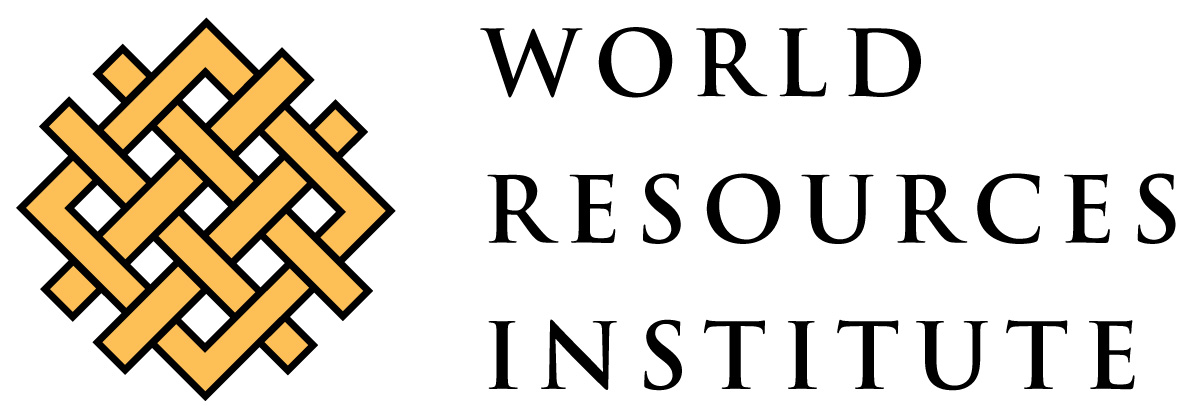Community / Land projects / Leading the Change: Civil Society, Rights and Environment: WWF Cameroon
Leading the Change: Civil Society, Rights and Environment: WWF Cameroon

€571425.6689
01/18 - 12/22
Achevé
This project is part of
General
Problem and context description
Cameroon is endowed with rich natural resources. However, human development is low and the poverty rates remain high. Poor governance and lack of livelihood opportunities risk making communities both victims and agents of nature degradation. Rapid deforestation and forest degradation, poaching and illegal trade in wildlife, and a wide range of other social norms and habits are decreasing the possibilities for people to use their surrounding natural resources in a sustainable way to reduce poverty.
The Cameroon land law as well as different sectoral laws give the State the ownership of all lands that were unregistered before 1974 and the resources therein. This undermines the traditional tenure rights which local communities and especially indigenous groups rely on to access forest resources. This is further compounded with the creation of protected areas which restrict, except under agreed conditions, the access and user rights of these communities. Apart from indigenous groups, youth and women/girls are highly affected. Traditional structures overseeing customary and local rules often reinforce gender- and age-based discrimination, and new restrictions and conflicts tend to affect the vulnerable groups the most.
Local community organisations like Village Forest Management Committees play important roles in rural communities, but they do not always have the interest or the capacity for management of forests or protected areas, and restrictions push them into conflicts. There are CBOs and CSOs with high capacity in the targeted programme areas, not least amongst the partners of WWF, and interesting coalitions have been formed during recent years. WWF Cameroon seeks to take this work and these initiatives further and find ways to scale up promising models of sustainable natural resource management and to change policies through effective civil society, youth and indigenous people action.
Programme goals
The desired change is that local communities and indigenous people in Cameroon are effectively exercising their rights (ownership, access and use), controlling decisions and equitably receiving benefits from natural resources, and contributing to the sustainable management of terrestrial ecosystems.
Programme activities
There will be ongoing capacity development to strengthen CSOs and promote their role as advocators for sustainable management and sustainable investments. The supported CSOs will work to empower local rural communities and local committees and enhance their capacity to manage and benefit from natural resources. The support to communities will include for example human-wildlife conflict controls, ecotourism development, wildlife law enforcement and support for sustainable livelihood initiatives to improve food security, promote sustainable agriculture and reduce ecological footprints.
The programme also includes the implementation of a REDD+ mechanism in the Korup area and education on different levels in society to raise awareness on climate issues and resilience. The programme will use the inclusive approaches of Education for Sustainable Development (ESD) and continue to collaborate with schools to reach the youth.
Objectives



